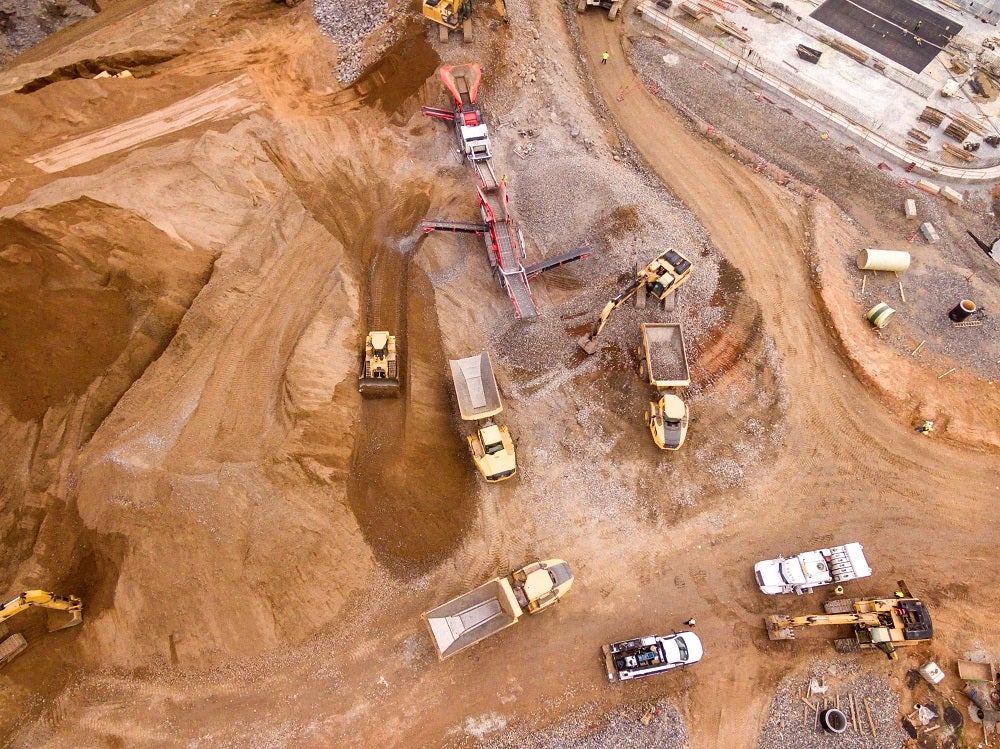
Global mining industry leaders have agreed to co-operate on a blockchain scheme led by the World Economic Forum (WEF), in an effort to accelerate responsible sourcing and sustainability practices.
Antofagasta, Eurasian Resources, Glencore, Minsur and Anglo American are all founding members of the Mining and Metals Blockchain Initiative – alongside metal manufacturers Tata Steel and Klöckner.
Together, they will develop blockchain technology designed to address transparency and mineral traceability issues, as well as carbon emission reporting.
WEF head of mining and metal industry Jörgen Sandström said: “Material value chains are undergoing profound change and disruption.
“The industry needs to respond to the increasing demands of minerals and materials while responding to increasing demands by consumers, shareholders and regulators for a higher degree of sustainability and traceability of the products.”
Blockchain has potential to improve traceability across mining supply chains
Blockchain technology is being increasingly deployed across industries for myriad purposes – often as a means to improve corporate transparency and accountability through the capacity to produce and maintain a trusted record of transaction activity throughout a supply chain.
In a sometimes murky world of extractive mineral sourcing, it is easy to see how a technology that makes traceability more effective through digital certification and permanent record-keeping could be beneficial.
Blockchain creates an immutable digital ledger that records transactions across a decentralised, distributed network of computer archives, so that the audit trail can’t be changed or deleted.
This means companies can have a higher degree of certainty about the origin and nature of each interaction that occurs along a given supply chain, from extraction right through to sale.
Eurasian Resources CEO Benedikt Sobotka said: “This initiative responds to a cross-industry desire to collaborate around blockchain technology in efforts to enhance responsible sourcing.
“By working together, our goal is to develop solutions that can be adopted across the industry and value chain.”
Glencore CEO Ivan Glasenberg added: “The mining and metals industries produce the commodities required to advance everyday life.
“We welcome the development of technology that can facilitate industry reporting to improve compliance across the supply chain.”
WEF sees industry collaboration as the future of blockchain in mining
The World Economic Forum is an influential global membership organisation comprising multinational corporations across many industries, which lobbies on behalf of businesses and engages with its community through initiatives like this one.
The project has been conceived as a “neutral enabler” to kick-start greater collaboration across the mining and metals industry through the development of “joint proof-of-concepts for an inclusive blockchain platform”.
WEF blockchain project lead Nadia Hewett added: “Forward-thinking organisations are starting to understand the disruptive potential of blockchain to solve pain points, but are now also recognising that industry-wide collaboration around it is necessary.”






